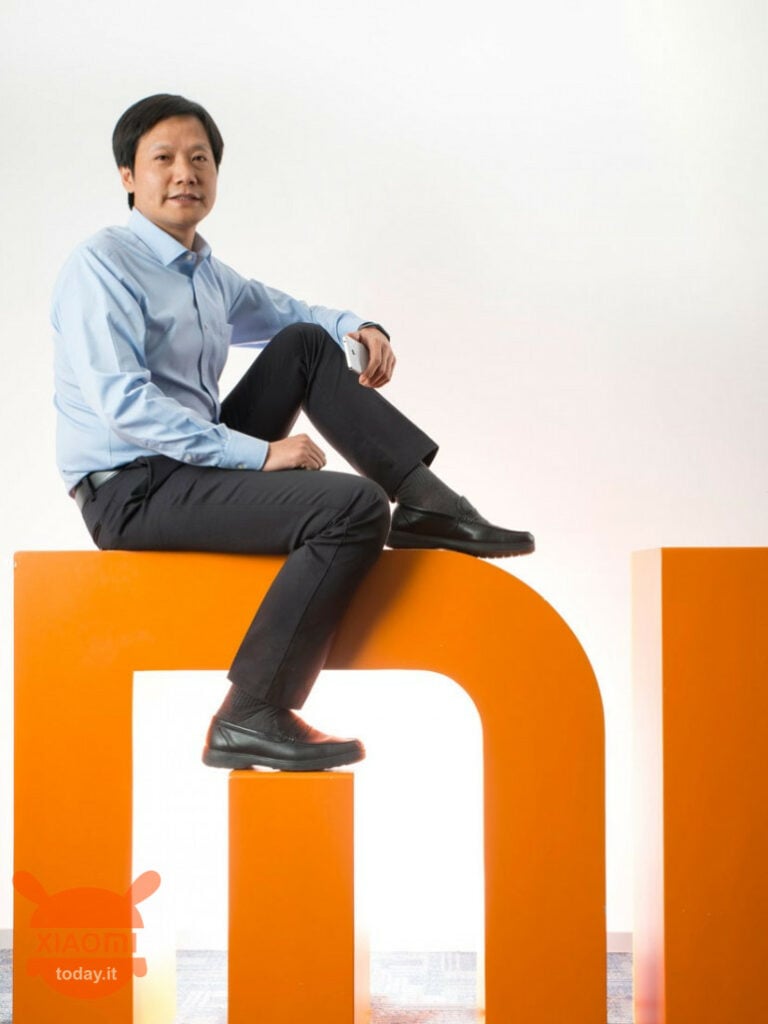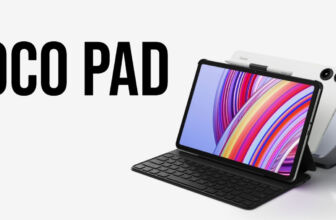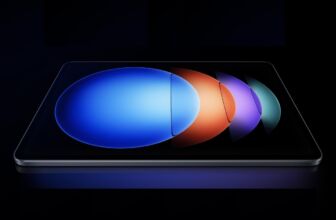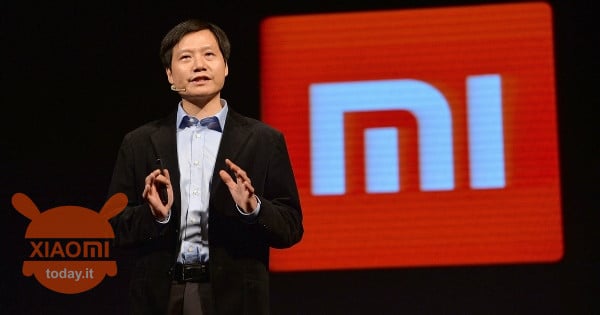
Il Spring Festival, globally known as Chinese New Year, inaugurated the new year which according to the Chinese zodiac corresponds to that of the pig. Let's start the article by saying this because the pork is an important symbol in China since it represents abundance, solidarity, wealth and collectivism, all founding values for Xiaomi, and the characters for "family" and "house" incorporate in them the symbol of the pig's tusk. Precisely for this occasion Qualcomm, as usual, launched ainterview with the big ones chief in charge of Chinese OEMs, A kind of meeting between the great of technology where it was not missed Lei Jun.
Lei Jun: strategies for the future and vertical economy of Xiaomi
Qualcomm has released the contents of the interview of the founder and CEO of Xiaomiwhich he would have examined the results of the company of the last year and planned the future objectives. According to him Xiaomi from its foundation in the 201o has faced eight years of hard work until it becomes the fourth mobile device maker first in China and then in the world, establishing itself later as the the world's largest IoT platform.
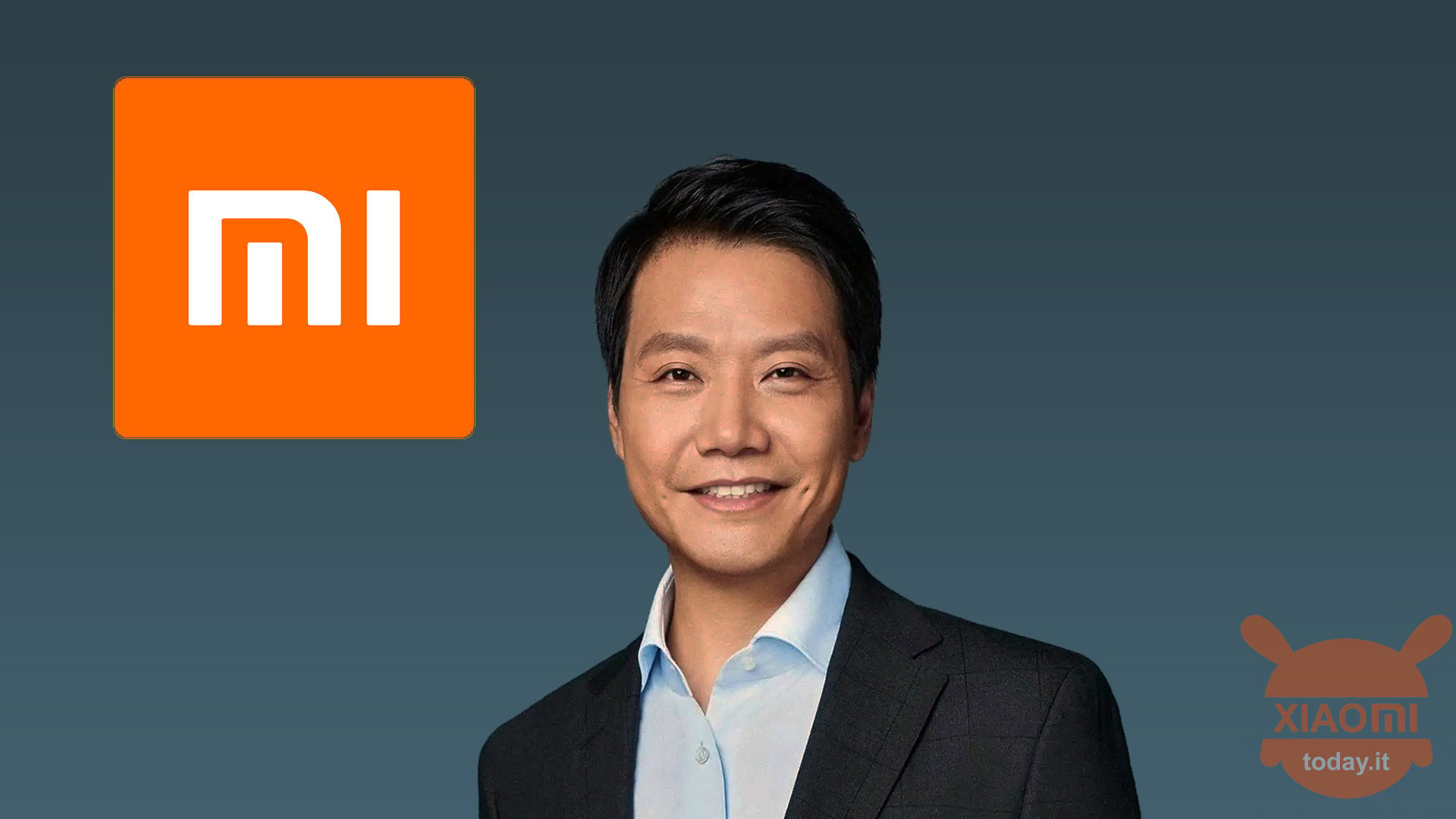
As regards in particular the wing smartphone Lei Jun claimed that Xiaomi owns 5 brands in total after the division with Redmi, which are precisely the latter, Xiaomi, Meitu, POCOPHONE and Black Shark. This business strategy we will call multi-brand strategyat first glance it seems a simple diversification of the market of the same brand but the reality is another: brands act as if they were independent of the main brand although on paper they are all properties of Xiaomi and therefore it is created a vertical economy for everyone, Where each product is destined for a market and user range. What are the differences between the five brands and what will be the perspectives of this strategy? Simply develop diversified products for diversified users. Xiaomi will produce flagship device, always respecting the users' pockets with the Mi, Mix, Max and Note lines; Redmi will continue to produce mobile devices for the medium-low range but still endowed with worthy performances. Think of the last one Notes 7 with the super top-of-the-range camera but with a decidedly low price compared to the competition that offers an equivalent smartphone but with a three-digit figure; Meitu (still unknown in the west) he will dedicate himself to the female user and will focus on the photographic front with its innumerable beauty filters and algorithms; POCOPHONE is a now international brand that aims exclusively at the quality-price ratio proposing products of very low cost but with very high specifications; finally Black Shark will focus on the development of gaming smartphones.
Here, leave me room for a hypothesis: long ago Lei Jun has admitted that the future of Xiaomi will be the IoT and domotics: if the goal was to leave the market of top of the range in Redmi to focus on them? If Redmi continues on this line then he will start producing devices that now produces only Xiaomi. We'll see.
So this vertical development of the economy of Xiaomi will allow him one day to become a kind of giant (as if now it was not) in any technology sector. In fact, let us not forget that the company also produces more like computers, appliances or even non-smart tools but still useful for everyday life like towels or shoes. If we want to venture with this definition we can say that Xiaomi will become in a not too distant future the largest supermarket in the world, where you can buy goods of any kind without being afraid to spend too much.
We fans can only wish this, as we are very fond of both the brand and the products, but on the other side we should also think that if this really was the ultimate goal then thecompany will never have to stop doing research to avoid a stagnation of the technological economy. But more than we should fear others OEM Until now, as well as producing smartphones or PCs, they are limited to producing for third parties (think of Samsung, which is also the largest display manufacturer in the world or Yamaha that produces engines for many car manufacturers) rather than producing themselves tools to enter the market.

